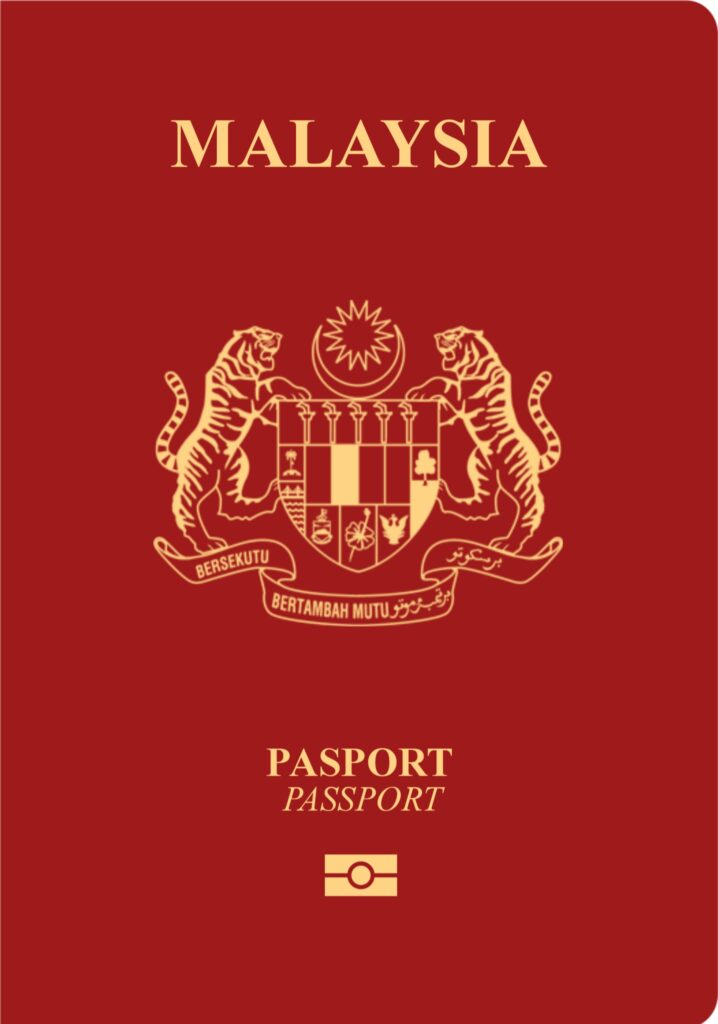
by Dr Rahim Said
For many Malaysians, the excitement of a long weekend recently and a planned getaway to Thailand turned into a nightmare as dozens were stopped at the border due to various bureaucratic obstacles. Damaged passports, unpaid income taxes, customs arrears, and unresolved criminal cases all contributed to the dismay of hopeful holiday-goers, who had their dreams crushed at the Bukit Kayu Hitam checkpoint.
What was supposed to be a blissful escape became an exercise in stress, anxiety, and disappointment. This experience is not just an isolated inconvenience; it reflects a broader issue about the hidden emotional toll of dealing with unexpected travel restrictions.
The Shock of Reality
Imagine standing at the border with your bags packed, your itinerary set, and your mind focused on the serene beaches or bustling markets of Thailand. Then, with one swift check of the immigration system, everything is derailed. A torn passport? Trip cancelled. Income tax arrears you forgot about? No vacation for you. The reality hits like a wave, leaving people not only stranded but overwhelmed by stress and uncertainty.
The Kedah Immigration Department’s report of travellers being denied exit due to such issues raises important questions. Shouldn’t we be more aware of these potential pitfalls? Or is this yet another example of how easily life’s most enjoyable plans can be disrupted by bureaucratic complexities?
The Anxiety of What-Ifs
There’s something deeply unsettling about the thought of being stopped at the border. It feeds into a universal fear — the anxiety of the unknown. In an age where we are so accustomed to the convenience of digital solutions, many of us don’t anticipate that a forgotten payment or an old, worn passport could halt our freedom to travel.
This realisation can fuel a lingering sense of anxiety every time we step into an immigration queue: What if I’ve missed something?
Anxiety has a way of creeping up when control is taken out of our hands. For many of these travellers, the panic didn’t start at the moment of rejection but likely intensified as they scrambled to make sense of their situation. They were faced with the reality that a trip — perhaps months in the making — was no longer happening, all due to an issue that might have seemed trivial or easily overlooked in their everyday lives.
Personal Responsibility vs. Systemic Gaps
To the government’s credit, the Immigration Department has provided a system — the SSPI portal — where Malaysians can check their travel status before embarking on a journey. It’s a simple measure: enter your MyKad number and see if you’re clear for travel. But how many people are aware of this portal, and how many actually use it?
There’s a fine balance between personal responsibility and institutional shortcomings. Yes, travellers should be diligent in ensuring their documents are in order, but there’s also an underlying sense of frustration when people feel blindsided by problems they didn’t realise existed — like forgotten tax arrears or a minor passport damage that seemed insignificant.
A more proactive public awareness campaign could help alleviate some of this stress. However, the reality is that life gets busy, and these “small things” often slip through the cracks until the very last minute.
Emotional Toll on Travel
The emotional impact of these situations should not be underestimated. For many, travel is not just a luxury but a necessary break from the grind of daily life. The buildup to a trip — researching destinations, booking accommodations, dreaming of new experiences—is often as much a part of the joy as the trip itself.
When that dream is snatched away at the last moment, the emotional fallout is significant. Stress, anger, frustration — all feelings that, in the long run, can make one more wary of even planning future trips. And this isn’t just an individual burden. The cascading effects of a cancelled trip—financial losses, wasted bookings, ruined plans — extend to families, friends, and travel businesses alike.
Reducing the Stress Factor
To avoid this, travellers need to be more mindful and take early precautions. The SSPI portal offers a simple, accessible solution to prevent last-minute surprises. Likewise, it may be wise to check passports for damage well in advance and stay on top of taxes or other outstanding obligations. While none of these actions are glamorous, they can prevent enormous emotional and financial strain.
Ultimately, however, authorities could also take steps to create a more seamless experience. Offering reminders through popular apps or social media, sending prompts for travellers to check their status before a holiday season, or simplifying some of these processes could reduce the chances of last-minute heartbreak at the border.
In the end, travel should be an enriching experience, not a source of anxiety. With a little more diligence and greater transparency from immigration systems, we can ensure that long weekends are spent enjoying new destinations, not stuck in bureaucratic limbo.
For those who had cleared Immigration, I’m sure they had a whopping good time since Malaysians reportedly splurged one billion baht or some RM130 million in southern Thailand over the last weekend.
Dr. Rahim Said is a human behaviourist and regular contributor on digital media platforms. He is a professional management consultant, a corporate trainer and an executive coach specialising in coaching of senior executives and individual entrepreneurs with the purpose of modifying their behaviour in the pursuit of their cherished missions. (The views expressed by our columnist are entirely his own)
WE